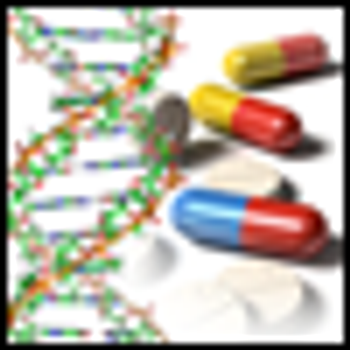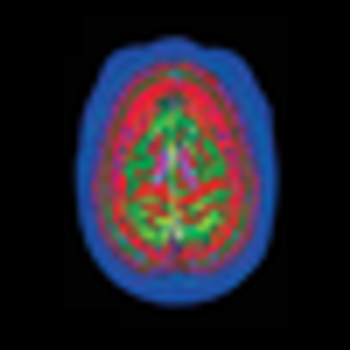
Help in Clinical Decision Making

Help in Clinical Decision Making

There are limited data on clinical and biological predictors of antipsychotic drug response. The ability to identify those patients who will respond well to psychotropic drug treatment or who will be at a higher risk for adverse effects could help clinicians avoid lengthy ineffective drug trials and limit patients’ exposure to those effects. Moreover, better predictability of treatment response early in the course of a patient’s illness can result in enhanced medication adherence, a significant predictor of relapse prevention.

Avoid Surprises and Unintended Consequences

Available treatments are so robust that nearly one-third of patients with major depression will achieve full clinical remission with monotherapy.

Diagnostic Dilemmas-Effective Treatment Approaches

Epidemiological studies show that, 4% to 5% of the general population have severe ADHD. Of this number, half have a comorbid substance use disorder. The aim of this article is to help physicians understand and manage this challenging combination of comorbidities.

They read sonnets for patients...

Is A Clinician’s Guide to Statistics and Epidemiology in Mental Health what we have been waiting for? Yes and no. It contains solid descriptions of concepts such as the P value and confidence intervals, and it has extensive discussions of the history of modern statistical methods. Perhaps its greatest strength involves critiques of the interpretations of several studies that have mistakenly become cornerstones of clinical lore.

The impact of FDA alerts and label warnings was examined in 2 recently published studies of antipsychotic drug use. In one study, researchers gauged physician response to the 2005 warning of increased mortality with antipsychotic use in elderly patients with dementia, and in the other study, researchers determined whether recommended safeguards were implemented following the 2003 advisories on adverse metabolic effects of second-generation antipsychotics.

My parents lived in 2 different worlds together. One, the outside world, was where they sparkled. Their business was so successful, and they were urbane, sophisticated, and very smooth. At home, the inside world was very different. They were competitive with each other, more critical than affectionate; there was none of the togetherness they presented to the outside world.

Overly sensitive, aversive reactions to stress seem to run in families. The literature abounds with reports of relatives in these populations predisposed to depression, anxiety, and even suicide. Some family members present with glucocorticoid levels notched abnormally high, and in curiously deregulated concentrations. Behaviorally, they seem to exist at a permanent state of high alert.

Electroconvulsive therapy (ECT) devices are undergoing FDA scrutiny and could become subject to new requirements and restrictions that affect their use by psychiatrists. The FDA is considering whether to keep ECT devices in their current Class III category or drop them to Class II.